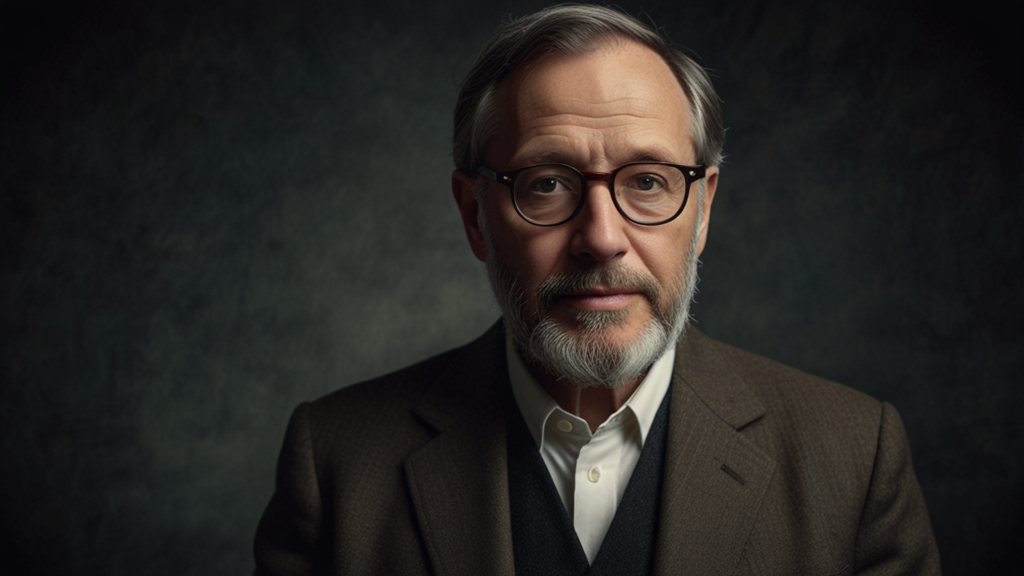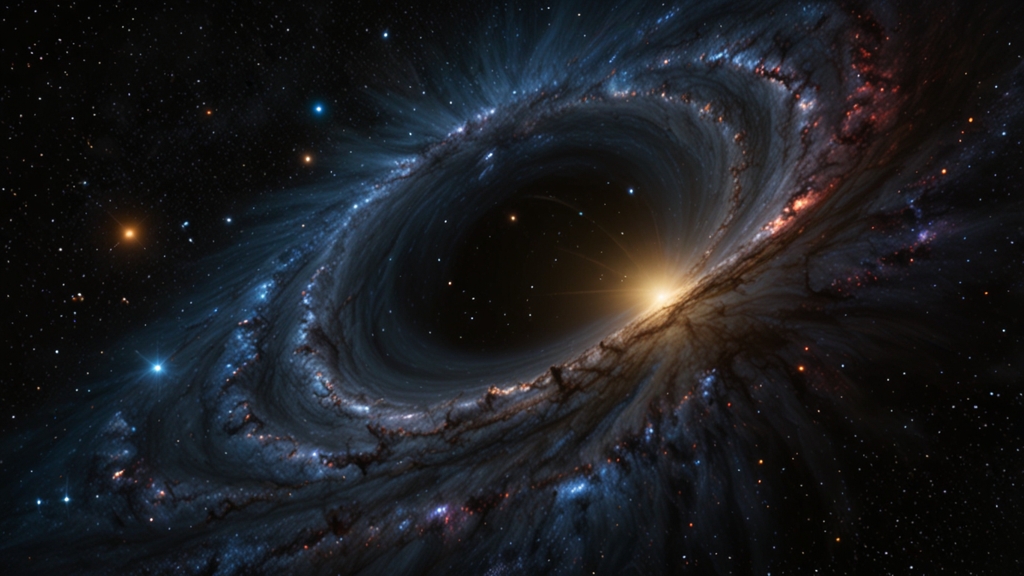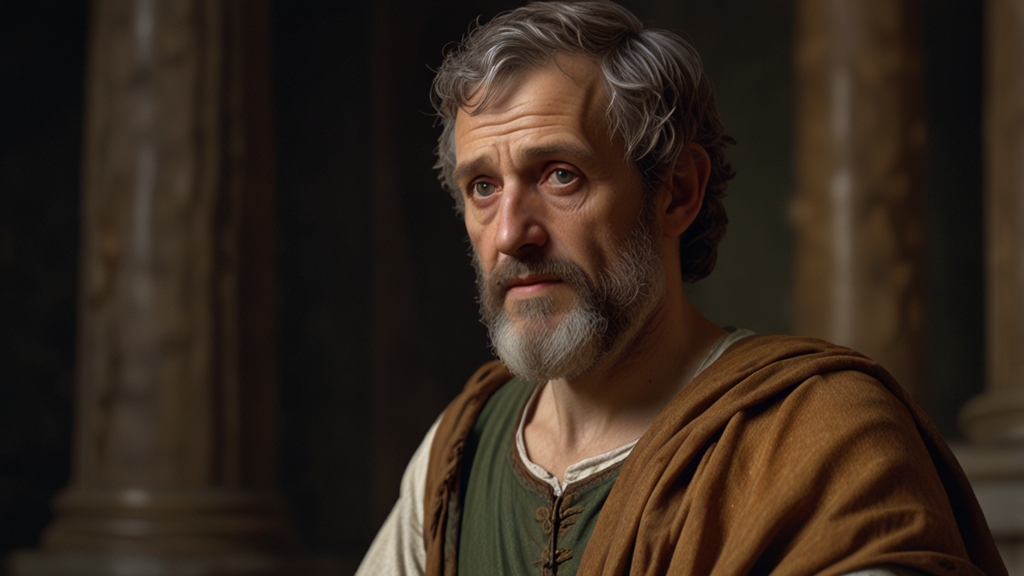From Skepticism to Certainty: The Journey Through Epistemology
Epistemology, the study of knowledge, has long grappled with the concepts of skepticism and certainty. While skepticism questions the possibility of absolute knowledge, certainty seeks to identify foundational truths that can be known without doubt. This journey from skepticism to certainty is not just an academic exercise but a profound inquiry into the nature of understanding and belief.
The Seeds of Skepticism
Skepticism has roots in ancient philosophy. The Pre-Socratic philosophers, particularly Pyrrho, observed that human perceptions are fallible and unreliable. Thus, they argued, achieving absolute knowledge is impossible. Pyrrho's conclusions were radical: one must suspend judgment and refrain from making any definitive claims about the nature of reality.
Rene Descartes, a seminal figure in modern philosophy, took skepticism further by introducing his method of systematic doubt. Descartes questioned everything that could possibly be doubted, even the existence of the external world and his own body, to reveal the foundation of undeniable truth. Through this process, he arrived at the famous conclusion,
"Cogito, ergo sum" ("I think, therefore I am").While Descartes' method underscored the skeptical tradition, it paradoxically highlighted that there are some truths beyond doubt.
Pathways to Certainty
After Descartes, philosophy saw a division in how to achieve certainty. Rationalists like Descartes believed that reason and logic are the primary sources of knowledge, while empiricists like John Locke argued that sensory experience is foundational. For Locke, the mind at birth is a "tabula rasa" or blank slate, and knowledge is acquired through experiences and impressions.
Immanuel Kant offered a synthesis of rationalism and empiricism, proposing that while all our knowledge begins with experience, not all of it arises out of experience. Kant introduced the concept of synthetic a priori knowledge, which includes truths we can know independently of experience yet are necessary for making sense of our sensory input, like the concepts of space and time. Kant's critical philosophy provided a robust framework for understanding how certainty could be achieved through the interplay of innate structures and experiential data.
Modern Epistemological Landscape
In the 20th and 21st centuries, epistemology has expanded with various approaches to understanding knowledge. Philosophers like Karl Popper and Thomas Kuhn focused on the scientific method as a pathway to provisional certainty. Popper proposed falsifiability as a criterion for scientific knowledge, suggesting that theories must be testable and refutable. Kuhn, on the other hand, emphasized the paradigm shifts in scientific understanding, indicating that what we consider as certain knowledge is historically and socially contingent.
"The history of science proves that time and again revolutionary new theories have been able to completely refute older ones." - Karl Popper
Contemporary epistemology also deals with the implications of technology and digital information. How do we ascertain the reliability of information in an age of information overload and fake news? Philosophers like Luciano Floridi advocate for information ethics, emphasizing the need for responsible and adaptive methods of evaluating knowledge claims.
Conclusion
The journey from skepticism to certainty in epistemology is far from a direct path. It reflects humanity's enduring quest to understand the nature of knowledge, belief, and truth. From the extreme skepticism of ancient philosophers to the nuanced views of contemporary theorists, epistemology continues to evolve, offering new insights into how we come to know what we know. Each step in this journey not only enriches our philosophical perspectives but also impacts our daily lives, guiding us toward a more thoughtful and examined existence.











